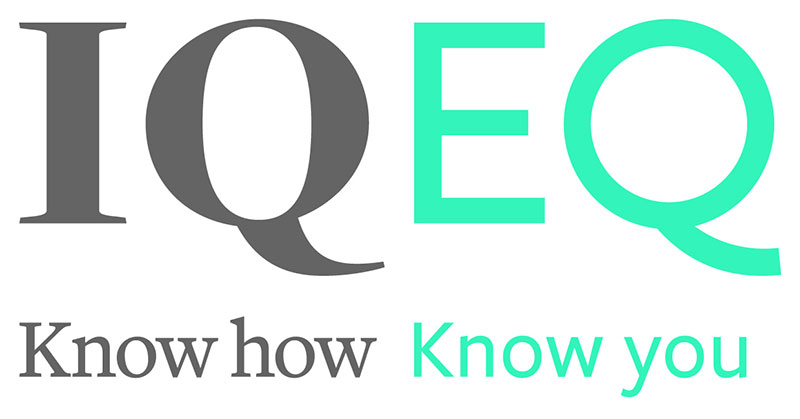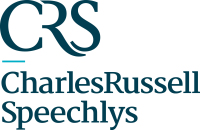To exclude, or not to exclude, that is the question

Article 10(2) of the Trusts (Jersey) Law 1984, as amended (the Trust Law) states that "The terms of a trust may provide for the addition of a person as a beneficiary or the exclusion of a beneficiary from benefit" and most trust instruments will indeed contain such provisions in one form or another.
Alongside the power to add beneficiaries, the power to exclude is a vital weapon in the armoury of trustees, giving them flexibility to consider future developments and to address potential mishaps.
Frequently the power is exercised because it is in the fiscal interests of the beneficiary, but there are occasions when it is not in the interests of that beneficiary to be excluded or against that beneficiary's wishes.
In the recent case of Representation of GB Trustees Limited [2021] JRC048 the trustee of two Jersey law trusts (the Trustee) asked the Court to bless its decision to exclude a beneficiary from both trusts.
The rationale for excluding the beneficiary stemmed from her ongoing "hostile conduct" (including the launch of numerous proceedings in relation to the trusts). The Trustee was concerned that the value of the assets held in the trusts would be exhausted by the costs of litigation.
The Court decided to bless the decision of the Trustee to exclude the hostile beneficiary.
In its judgment the Court considered the powers available to the Trustee pursuant to the terms of the two trusts. As is commonly seen in Jersey law trust instruments, there were three options:
- to exclude the beneficiary wholly or partially from future benefit;
- to declare that the beneficiary shall cease to be a beneficiary; or
- to declare that the beneficiary shall be an "Excluded Person".
The court opined that, under option 1, the beneficiary would be excluded from future benefit under the trusts, but would appear to retain the status of a beneficiary. Under option 2 the beneficiary would be excluded from being a beneficiary (thus losing both future benefit and status as a beneficiary), but the Trustee will be able to reinstate her as a beneficiary in exercise of its separate power of addition (or by revocation of such exclusion if it was stated to be revocable). Under option 3, if the Trustee declared the beneficiary an Excluded Person, she could not be reinstated as a beneficiary and therefore "her exclusion would be total and final".
It was noted that the Trustee had "not focused on which of the three options… it intended to apply". It wished to exclude the beneficiary permanently, but it was acknowledged that circumstances may change such that the beneficiary should once again form part of the beneficial class.
Accordingly, it was concluded that the most appropriate action was to irrevocably declare that the beneficiary ceases to be a beneficiary, under the above mentioned option 2.
This is a useful example of the Royal Court's jurisdiction to bless momentous decisions of a trustee, but it also serves to highlight key considerations for trustees when it comes to excluding beneficiaries. If there are various options available under a trust instrument in order to "exclude" a beneficiary, then careful thought should be applied to the effects of each option - choosing the wrong one may result in a "total and final" exclusion that cannot be reversed.
By Richard Laignel, Managing Associate at OgierSponsorship
Find out why leading brands in the private client industry are partnering with PCD to raise their profile, make connections and drive new business.
Membership
Find out how you can participate in the leading club for international private client advisors and unlock opportunities around the globe.



















